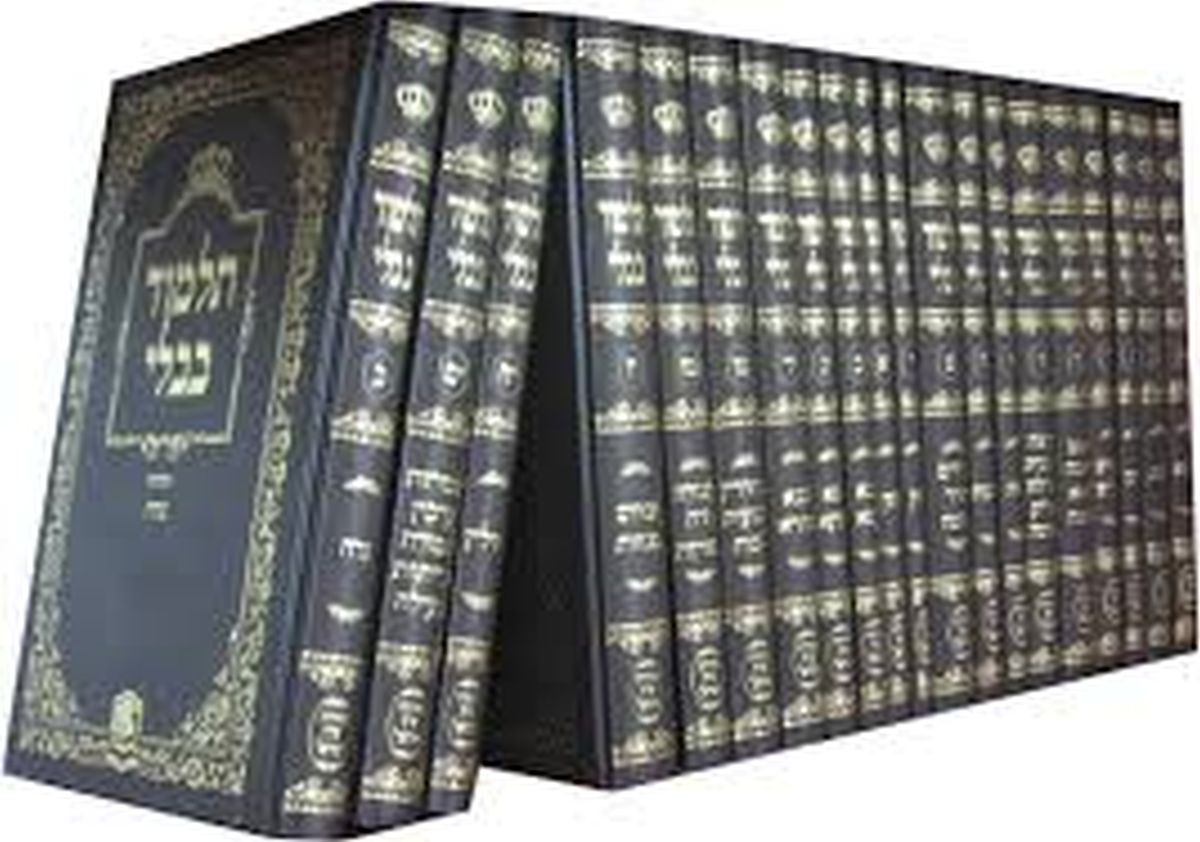 Washington, DC, October 26 – Despite numerous episodes in recent decades of Rabbis engaging in dishonest, lecherous, or otherwise immoral behavior, the Orthodox world has still somehow found itself in shock over revelations that a DC-area Rabbi had secretly recorded video of women preparing to immerse in the Mikveh, as if certification in knowledge of certain realms of Jewish ritual law has any bearing on whether or not the possessor of that knowledge is a scoundrel.
Washington, DC, October 26 – Despite numerous episodes in recent decades of Rabbis engaging in dishonest, lecherous, or otherwise immoral behavior, the Orthodox world has still somehow found itself in shock over revelations that a DC-area Rabbi had secretly recorded video of women preparing to immerse in the Mikveh, as if certification in knowledge of certain realms of Jewish ritual law has any bearing on whether or not the possessor of that knowledge is a scoundrel.
Child molestation, sexual harassment, embezzlement, and other appalling misdeeds have featured prominently in the dozens, if not hundreds, of stories involving Rabbis preying on those under their spiritual guidance or authority. But despite the mounting evidence that the title “Rabbi,” which formally indicates only proficiency in certain areas of Jewish ritual practice, is not synonymous with moral rectitude, the communities associated with stricter adherence to Jewish law have continued to find each new revelation earth-shattering, as they apparently continue to assume that the acquisition of what amounts to an academic title magically refines a person’s character.
Experts are struggling to explain these communities’ adherence to the increasingly erroneous assumption that a framed certificate connotes righteousness. “It’s been many, many years since the level of engagement in Torah study necessary for ordination has been anywhere near sufficient to impact a person’s character in an appreciable way,” notes Jerry Datta-Dorot, who studies the Orthodox world.
“Once upon a time, it was expected that candidates for the Rabbinate not only knew how to use the sources to find answers to practical questions, but that they knew those sources cold,” he explains. “Barely a hundred years ago in Eastern Europe, the first question to a candidate for ordination in Rabbi Yechiel Michel Epstein’s academy in Lithuania was, ‘recite the entire Shulchan Aruch from memory,'” referring to the main corpus of law upon which most of modern practice is based. “The time, energy, and effort it takes to master the source material, of which the Shulchan Aruch is barely a drop, almost invariably instills in a person humility, discipline, and respect, since every iota of the material carries with it a discovery of how much more there is to learn and discover.”
“Contrast that with the academic model of proficiency in certain circumscribed areas of Jewish law that represents today’s Rabbinic education, and, lo and behold, some candidates then exploit the positions and trust they attain, not having been sufficiently engaged in the study to enable it to impact their character in addition to their minds.”
Representatives of the Reform and Conservative movements expressed similar puzzlement at the Orthodox furor over the Freundel Mikveh scandal. “We’ve known basically forever that familiarity with Jewish sources has no bearing on how a person acts,” says Neville Birshu-Tatora, who has taught at both the Jewish Theological Seminary and Hebrew Union College. “It’s kind of our guiding principle.”
His colleague at HUC Anna Grosser-Schadenfreude concurred. “We knew the Orthodox rabbis would come around to our way of doing things eventually.”
Please support our work through Patreon.
Buy In The Biblical Sense: https://www.amazon.com/dp/B0B92QYWSL




